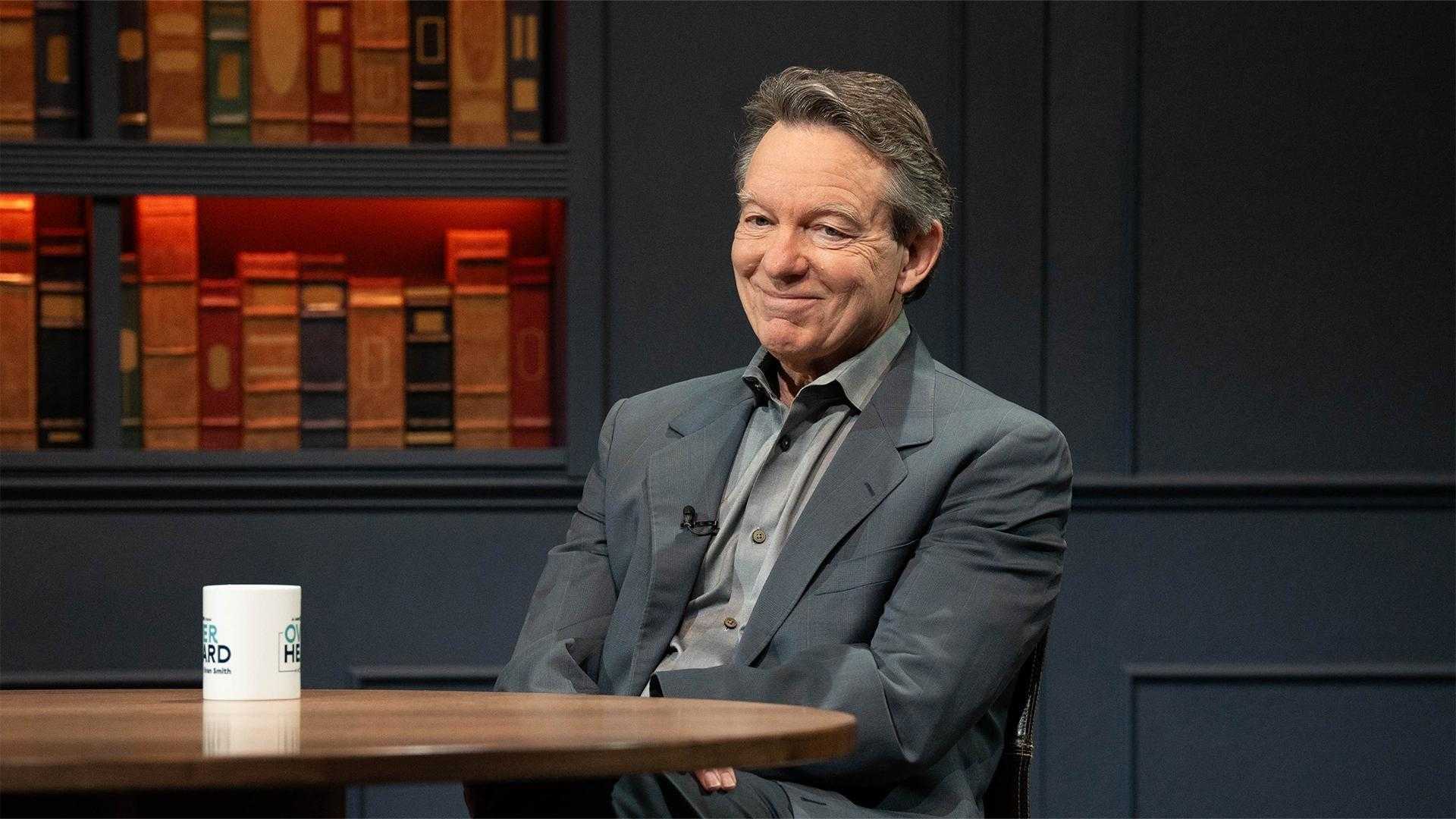Entertainment
Lawrence Wright’s ‘The Human Scale’ Explores Moral Complexity in Middle East Conflict

NEW YORK, NY — Pulitzer Prize-winning author Lawrence Wright discusses his latest novel, “The Human Scale,” which attempts to capture the nuances of the Israeli-Palestinian conflict through the lens of a Palestinian American FBI agent.
The book, inspired by Wright’s extensive reporting on political violence in the Middle East, follows the protagonist as he investigates a murder in Hebron. While the narrative began long before the events of October 7, the ongoing conflict in Gaza compelled Wright to re-evaluate his manuscript.
Wright shared his reflections during a recent conversation about the challenges of writing fiction amidst an active war and the complexities of humanizing a charged political landscape.
“I wrote a screenplay with this idea 20 years ago, but it never came to fruition. Then, in late 2021, I felt drawn to revisit it,” Wright said. “As a reporter, I always struggled to explain why this enduring conflict persists, so I wanted to explore it through characters representing diverse viewpoints.”
He added, “The book opens in America with a Palestinian American character. This approach allows me to address readers’ gaps in understanding while grounding the story in relatable experiences.”
Wright, who has covered the Middle East for decades, pointed out the frustration of not being able to encapsulate the ongoing conflict adequately in his journalism. “My reporting often felt incomplete,” he explained. “I wanted to present the narratives of characters on either side fighting for common goals, even as they are trapped in the divide created by history and identity.”
The character relationships are particularly significant. “Tony Malik, our Palestinian American character, is juxtaposed with Yossi, an Israeli defense officer who justifies his actions based on his family’s history,” Wright noted. “Both have experienced loss and fear, but their interpretations of justice differ drastically.”
Wright’s choice of Hebron as a setting serves as a microcosm of the Israeli-Palestinian conflict, highlighting ongoing tensions found within a densely populated city. He recalled a visit to Hebron in 1997 when he witnessed an incident of violence that brought to light the complexities often overlooked in reporting.
“The dynamics of the conflict are amplified in places like Hebron, which hosts radical settlers and a heavy military presence,” he said. “I’ve encountered numerous situations that illustrate the absurdities and tragedies of life in such heavily surveilled environments.”
Wright’s insights accumulated through years of reporting have shaped his understanding of this complex reality. He detailed his encounters with real-life FBI agents and intelligence officers who informed the development of his characters. “Their unique perspectives as Arab agents brought forth stories rarely covered in mainstream narratives. They embody the dualities present in our exploration of conflict and identity,” he remarked.
As Wright elaborated on the evolution of his book, he mentioned the immense challenges posed by real-world events, specifically the October 7th attacks that shifted the narrative landscape. “I initially planned to set the ending against a backdrop of military campaigns in Gaza, but I realized I had to address the October 7th tragedy directly,” he said. “I wanted my characters’ lives to intersect with real-world events in a way that felt authentic and respectful.”
He described grappling with the emotional weight of the events while crafting the narrative, aiming to depict the realities of the violence without falling into exploitation. “My aim was to offer readers a balanced perspective, to provoke thought about the humanity on both sides.”
As the conversation turned to the emotional implications of writing about such deeply personal experiences and perspectives, Wright acknowledged the burden of capturing the complexities of trauma and conflict. “There’s an inherent struggle in providing readers with a nuanced portrayal, especially on topics as sensitive as these. I hope to bring empathy to the forefront, fostering an understanding of just how intricately woven the threads of identity and history are in this conflict,” he stated.
Wright’s intent with “The Human Scale” is clear: to spark dialogue and understanding in a world where political biases often overshadow personal stories. As he continues to navigate the balance between fiction and journalistic integrity, he remains committed to shining a light on the remarkable complexities that define the Israeli-Palestinian conflict.












